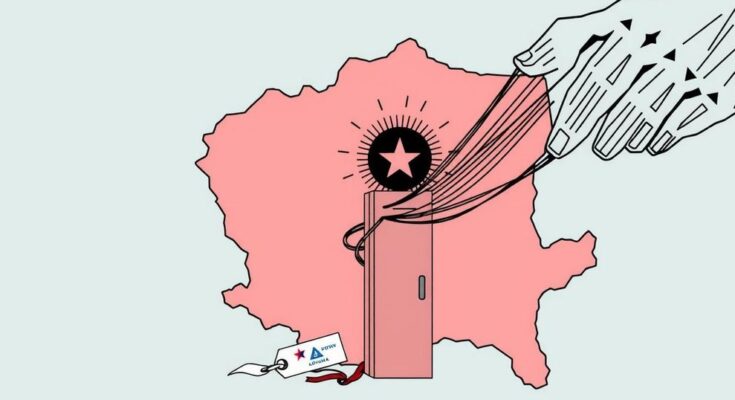The recent Romanian presidential election faced severe manipulation, particularly through TikTok, where candidate Calin Georgescu leveraged deceptive tactics to gain support. Despite his rising popularity and attributes prompting the electoral process’s cancellation, the situation showcases the challenges posed by social media on democracy. This incident serves as a warning for liberal democracies confronting similar threats.
The Romanian presidential election of November 24 was marred by manipulation and controversy, underscoring a profound challenge to liberal democracy. A startling candidate, Calin Georgescu, who promotes conspiracy theories and anti-establishment sentiments, gained traction through a targeted TikTok campaign that significantly swayed public opinion. Despite concerns regarding the transparency of his campaign and funding, he appeared likely to win. However, the election faced an unprecedented cancellation due to serious flaws detected in the electoral process, marking a historical precedent within the European Union.
Romanian intelligence suggested that state actors exploited social media to influence voters effectively. As a result, Georgescu’s candidacy garnered immense visibility through deceptive means, propagating far-right rhetoric amid a backdrop of economic distress and dissatisfaction with the current political climate. The election cancellations ended what could have been a damaging shift towards pro-Russian ideologies in a nation still navigating the complexities of its geopolitical landscape.
The events surrounding Romania’s recent presidential election provide critical insights into the vulnerabilities of democratic processes in the age of social media. As discontent with economic conditions rises globally, including high inflation and the ongoing conflict in Ukraine, fringe political movements are finding fertile ground. The case of Calin Georgescu illustrates not only the potential for foreign influence via technological means but also the unique challenges posed by the digital landscape in shaping electoral outcomes. This situation serves as a cautionary tale for other democracies grappling with similar issues.
In summary, the Romanian presidential election highlighted significant threats to democratic integrity, particularly through social media manipulation. The emergence and eventual disqualification of a conspiracy-driven candidate illustrate the potential for unprecedented interference in electoral processes. This scenario emphasizes the need for vigilance and reform in democratic practices, ensuring transparency and accountability in the face of evolving threats.
Original Source: www.lemonde.fr




